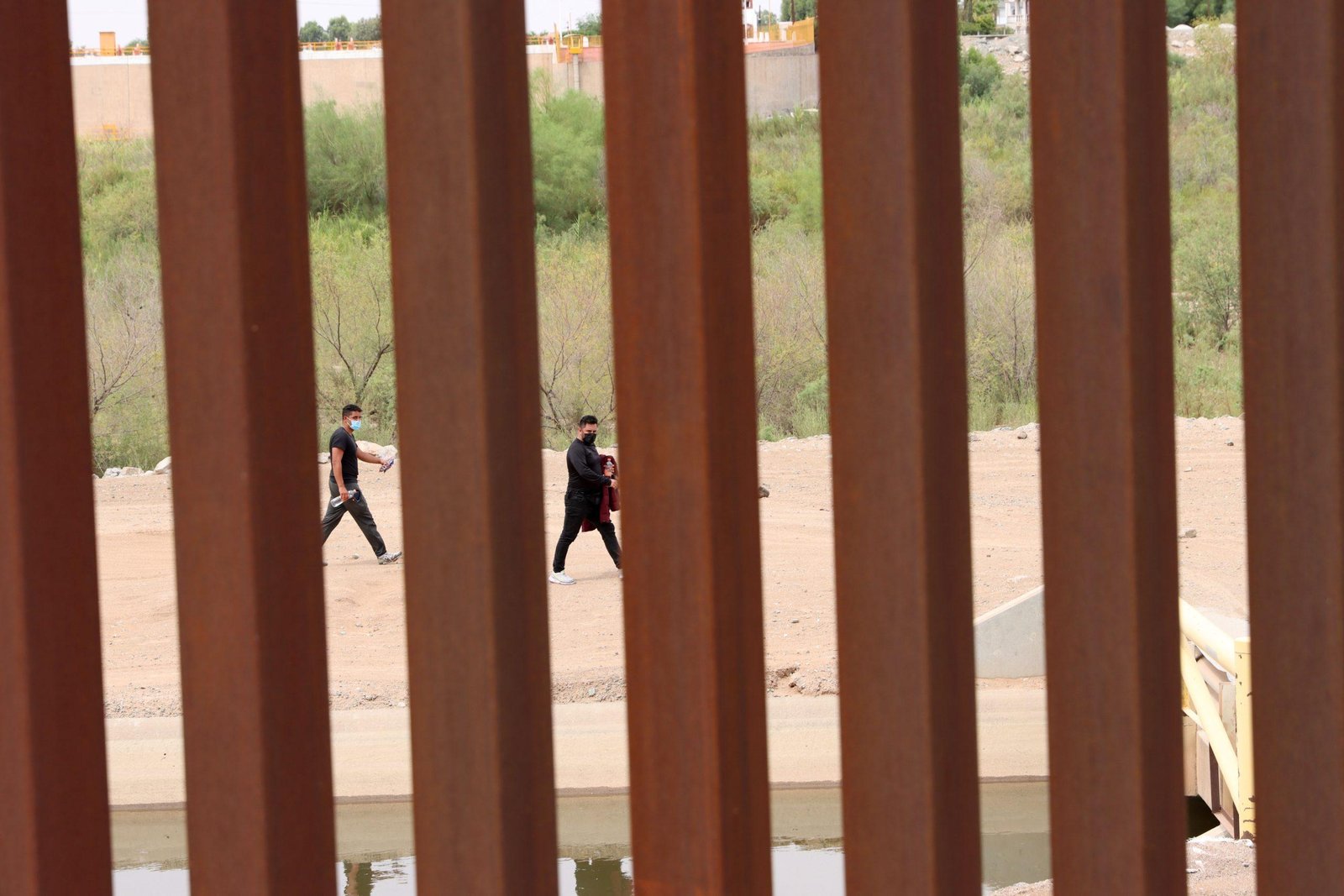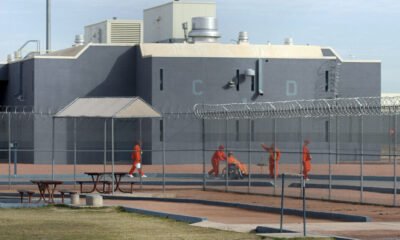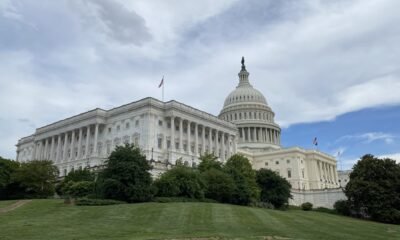arizona
Democrats Embrace GOP Border Rhetoric While Harris Critiques Trump’s Policies

As President Joe Biden took office following the 2020 election, the Democratic Party sharply differentiated its stance on immigration from that of his predecessor, Donald Trump. The party’s platform then celebrated immigrants, stating, “Not only do immigrants support us – immigrants are us.” However, the tone has shifted significantly in the lead-up to the 2024 election.
At the recent Democratic National Convention, the updated platform reflects growing concerns about illegal border crossings, which surged to unprecedented levels at the end of December. The phrase “secure the border” now appears 13 times in the new platform, a stark contrast to its absence in 2020. This shift emphasizes border security, increased measures against fentanyl trafficking, and expanded Border Patrol resources, overshadowing the previous celebration of immigration.
Democrats now find themselves defending their approach amidst unyielding Republican criticisms. The GOP has targeted Vice President Kamala Harris, labeling her the “border czar,” as concerns mount regarding border management. Within this climate, Democrats have adopted certain Republican rhetoric to address these issues defensively while maintaining key differences, such as their commitment to legal protections for younger immigrants and pathways to citizenship for long-term residents.
Arizona State Senator Priya Sundareshan emphasized that the party’s approach remains comprehensive. “We seek a humanitarian solution,” she stated. “That doesn’t mean merely building a wall and hoping it resolves everything.” She advocates for addressing the root causes of migration rather than solely focusing on enforcement.
Adrian Fontes, Arizona’s Secretary of State and a delegate at the convention, advocated for a values-driven approach to immigration. He contended that immigration solutions must encompass security while distancing from Trump’s extreme measures. “Those who genuinely want to solve problems are more equipped to deal with them,” he said, highlighting a partisan divide over the issue.
Recent actions in Congress further illustrate the challenge Democrats face. Earlier this year, Senate Republicans, under Trump’s influence, blocked a bipartisan border security bill. This legislation was deemed the “toughest and fairest set of reforms to secure the border in decades.” Arizona Senator Kyrsten Sinema played a crucial role in negotiating this bill, which intended to streamline asylum requirements and tackle illegal crossings.
The Democratic platform criticizes Republicans for politicizing border security, claiming they prefer to thwart Biden’s efforts rather than pursue meaningful reforms. Ken Budge, mayor of Bisbee, voiced frustration over the GOP’s approach, arguing that greater investment in border patrol and an efficient asylum process would benefit border communities more than wall construction.
Another voice of reason comes from Mayor Nieves Riedel of San Luis, who emphasized that while challenges exist at the border, they are often exaggerated. “The folks in Washington have never been to our border,” she remarked. “We’re talking about human beings, not just statistics.”
Biden’s administration has already taken steps to cap illegal immigration, demonstrated by a significant drop in border crossings following a June executive order. Nonetheless, local officials report overwhelming numbers of migrants released into small communities with little warning. For instance, Cochise County’s sheriff shared that around 40,000 migrants were bused into the area this year, straining local resources.
Watkins, the operations commander for the Cochise County Sheriff’s Office, described a recent incident where 30 migrants were dropped off in Bisbee, a city short on resources. “They were released into the desert for Bisbee to take care of. That’s not human,” he lamented, underlining the need for systemic reform. The situation at the border calls for comprehensive solutions that balance security, humanitarian needs, and the realities facing local communities.


















